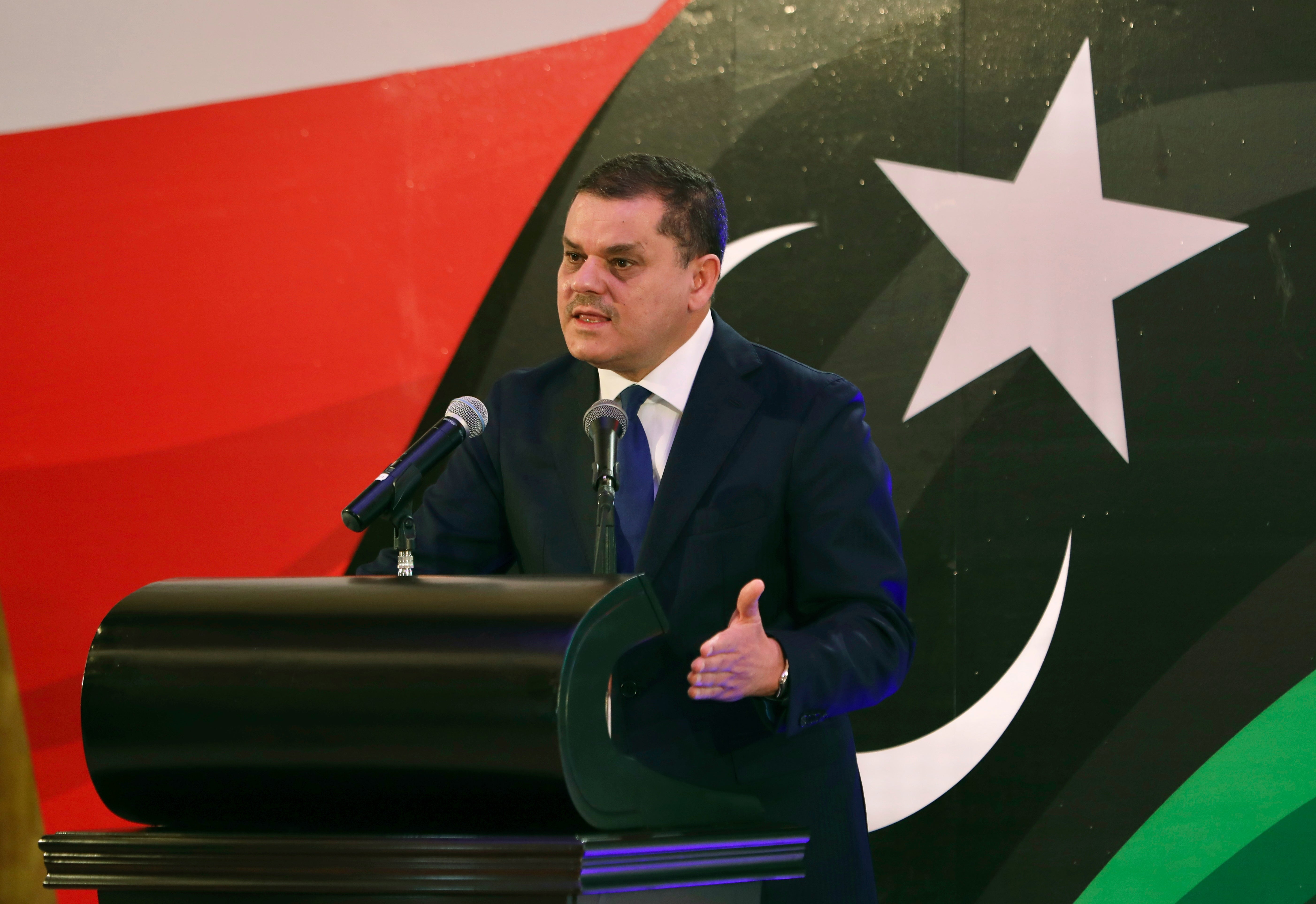Libya lawmakers pass no confidence vote for transition govt
Libyan lawmakers have passed a vote of no confidence in the country’s transitional government, a move that will throw long-waited elections late this year into further uncertainty

Your support helps us to tell the story
From reproductive rights to climate change to Big Tech, The Independent is on the ground when the story is developing. Whether it's investigating the financials of Elon Musk's pro-Trump PAC or producing our latest documentary, 'The A Word', which shines a light on the American women fighting for reproductive rights, we know how important it is to parse out the facts from the messaging.
At such a critical moment in US history, we need reporters on the ground. Your donation allows us to keep sending journalists to speak to both sides of the story.
The Independent is trusted by Americans across the entire political spectrum. And unlike many other quality news outlets, we choose not to lock Americans out of our reporting and analysis with paywalls. We believe quality journalism should be available to everyone, paid for by those who can afford it.
Your support makes all the difference.Libyan lawmakers on Tuesday passed a vote of no confidence in the country’s transitional government, an official said, a move that throws long-waited elections late this year into further uncertainty.
The vote took place in the parliament’s headquarters in the eastern city of Tobruk, said Abdullah Ablaihig, a spokesman for the legislature.
He said 113 lawmakers attended the session, with 89 of them voting in favor of withdrawing confidence in the government of Prime Minister Abdul Hamid Dbeibah.
Ablaihig said Dbeibah’s government would work as a caretaker government without giving a timeframe for the appointment of another government three months before parliamentary and presidential elections on Dec. 24.
There was no immediate comment from the prime minister. A spokesman for the government said Dbeibah would issue a speech to the nation shortly.
Tuesday’s vote of confidence is another challenge to holding the December elections and impedes efforts to unite the oil-rich North African nation after a decade of turmoil.
Dbeibah, a powerful businessman from the western city of Misrata was appointed last month to lead the executive branch of an interim government that also includes a three-member Presidential Council chaired by Mohammad Younes Menfi, a Libyan diplomat from the country’s east.
The transitional government replaced two rival administrations — one based in the country’s east and another in the west — that had ruled Libya for years.
Oil-rich Libya was plunged into chaos after a 2011 NATO-backed uprising toppled and killed longtime dictator Moammar Gadhafi.